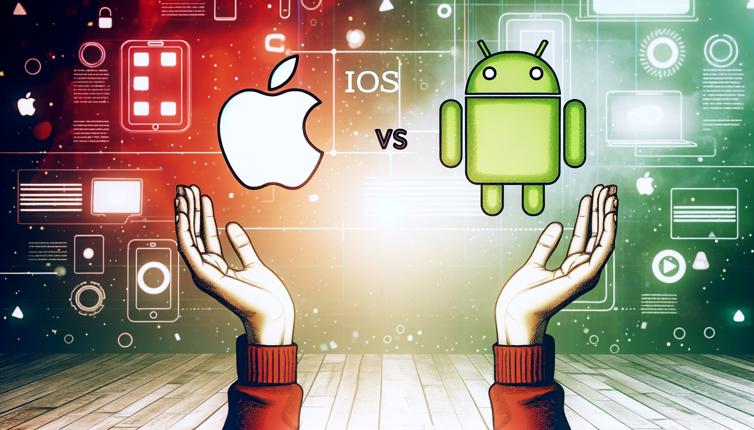iOS
iOS is the mobile operating system developed by Apple exclusively for their devices, including the iPhone, iPad, and iPod Touch.,One of the main advantages of developing an app for iOS is the platform's strong emphasis on user experience. Apple's strict design guidelines and curated App Store ensure that apps on iOS are generally more polished and user-friendly.,iOS also offers a unified ecosystem, meaning that apps developed for one iOS device will usually work seamlessly on other iOS devices. This uniformity simplifies the development and testing process.,Another benefit of developing for iOS is the platform's strong security and privacy features. Apple has a robust approval process for apps on the App Store, which helps protect users from malicious software.,However, developing for iOS does have some drawbacks. Firstly, Apple's strict guidelines and approval process can sometimes lead to longer review times and potential rejections for apps. This can delay the launch of your app.,Secondly, iOS devices tend to be more expensive than Android devices, which may limit your target audience.,Lastly, iOS has a smaller market share compared to Android, especially in emerging markets. This means that your app may potentially reach a smaller audience.,Overall, if you prioritize user experience, security, and a unified ecosystem, iOS may be the right platform for your app.
Android
Android is an open-source operating system developed by Google, which is used by many smartphone manufacturers, including Samsung, Huawei, and Xiaomi.,One of the main advantages of developing for Android is the platform's large market share. Android devices are more affordable and accessible compared to iOS devices, making them popular in emerging markets and among a wider range of consumers.,Additionally, the Google Play Store has fewer restrictions compared to the iOS App Store, allowing for more flexibility in app development and faster approval times.,Another benefit of Android is its customization options. Developers have more freedom to customize the user interface and functionality of their apps on Android, which can lead to more innovative and unique experiences.,However, developing for Android does come with some challenges. The fragmented nature of the Android ecosystem, with numerous device models and versions of the operating system, can complicate the development and testing process.,Android devices are also more prone to security vulnerabilities compared to iOS devices. However, Google has implemented various security measures to address this issue.,In conclusion, if you value a larger market share, customization options, and faster approval times, Android may be the right platform for your app.
Conclusion
Choosing the right mobile platform for your app is a crucial decision that can significantly impact its success. Both iOS and Android have their own strengths and weaknesses, so it's essential to consider your target audience, budget, and development requirements when making this choice. Ultimately, conducting thorough research and understanding the unique features of each platform will help you make an informed decision that aligns with your app's goals and objectives.









